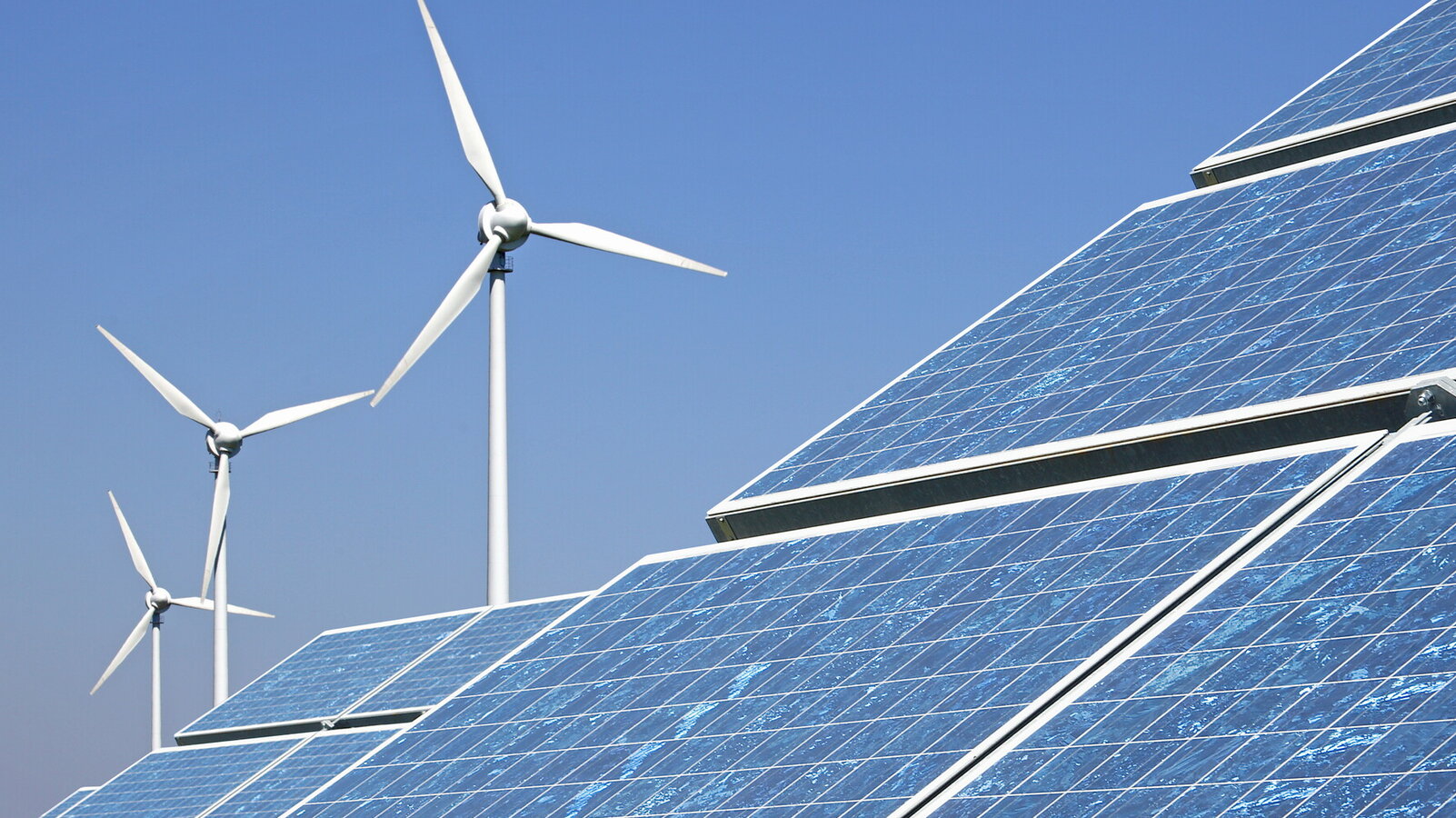Italy’s Renewable Energy Lag
Europe and the world are rapidly transitioning to renewable energy sources, but Italy risks falling behind. In the past two years, Italy has installed nearly 6 gigawatts of new renewable energy capacity, but estimates from the Polytechnic of Milan suggest that this growth will plummet to 2 gigawatts in 2025 and 2026.
This slowdown is primarily due to the phasing out of the 110% tax incentive, which has subsidized the installation of small-scale photovoltaic systems. Without this incentive, the growth of this sector will slow, and Italy will struggle to meet its target of installing 12 gigawatts of renewable energy by 2030.
Furthermore, the development of large-scale renewable energy projects, which are essential for lowering energy prices, has been hindered by a lack of clear regulations and a lengthy approval process. This has led to delays in project implementation and increased investment costs, ultimately contributing to rising energy costs and a slowdown in economic growth.
Compounding these challenges, the digital and environmental innovation pillars of Italy’s National Recovery and Resilience Plan (PNRR) have also faced setbacks.
Renewable energy projects must currently be submitted on CDs to the PNRR-Pniec Commission, despite the widespread use of digital technologies. This outdated practice has created unnecessary hurdles for developers and slowed down the approval process.
Additionally, the Decree on Suitable Areas, which was intended to streamline the development of renewable energy projects while protecting landscapes, has been delayed for over two years. The recently agreed-upon version of the decree is incompatible with the goal of installing 80 gigawatts of additional renewable energy capacity by 2030, as outlined in the decree itself.
The decree has effectively made 96% of Italian territory unsuitable for renewable energy development, and the remaining 4% is subject to high land rental costs. This will further hinder the growth of renewable energy and exacerbate the energy crisis.
Despite the challenges, the President of Elettricità Futura, Agostino Re Rebaudengo, remains optimistic. He emphasizes the significant savings (€25 billion in 2022) that renewable energy has brought to Italy and hopes that the government will take action to mitigate the risks associated with potential energy shocks and support the reduction of energy prices, which are impacting the manufacturing sector.



